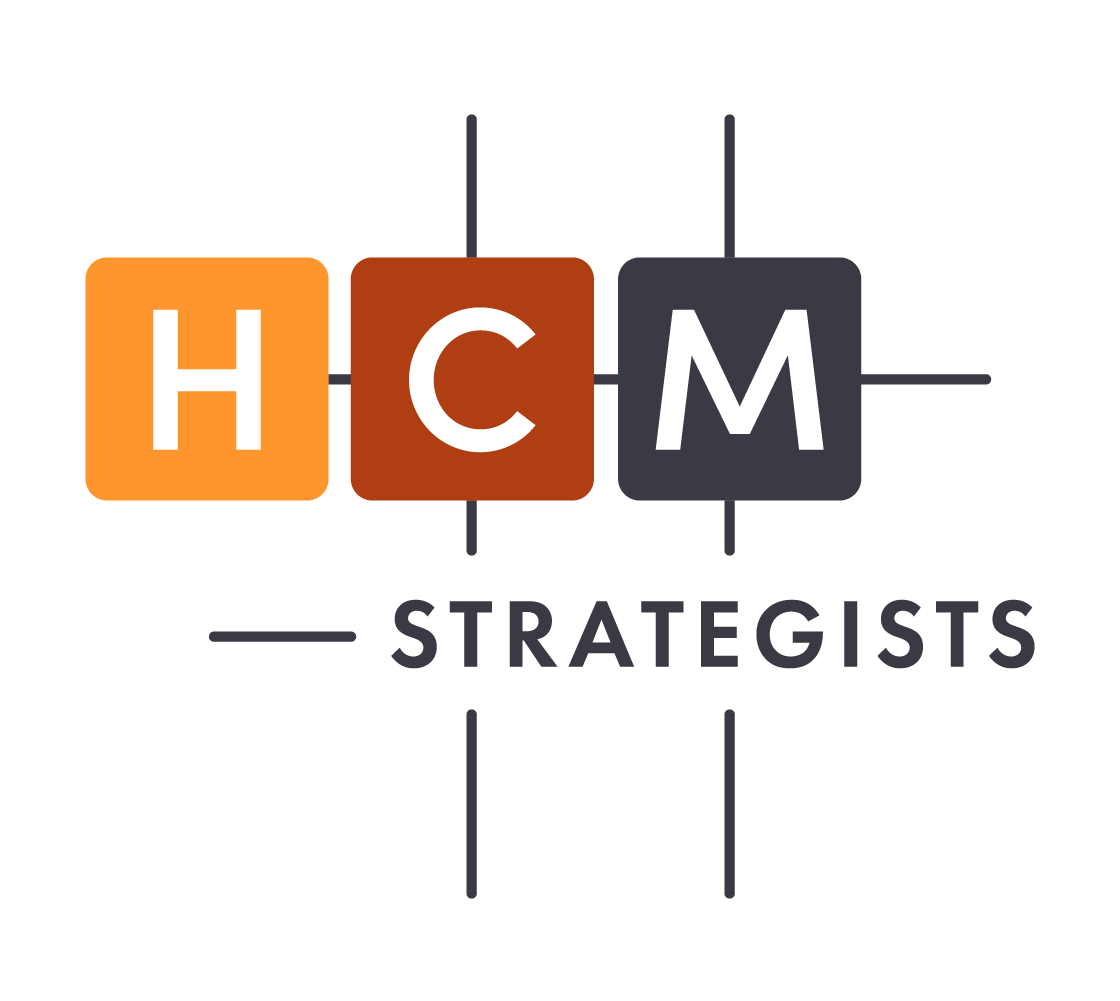Pause and Pivot: Steps to an Equitable Postsecondary Recovery
By Toya Barnes-Teamer
As COVID-19 continues to impact students, teachers, families, colleges, and universities across the country, HCM Strategists is working to provide essential thought leadership on the range of issues in the field of education.
Our expert policy staff has launched a new series to identify emerging education policy ideas and practices aimed at addressing COVID-19. Stay tuned for more in HCM’s new series addressing COVID-19 concerns in education, and use #EdAfterCOVID19 to join the conversation on social media. Read more.
As we continue to prepare ourselves for the “new normal” following the COVID-19 outbreak and the onset of elevated racial unrest in the country, we remain hopeful that it will enhance the success of marginalized students to complete postsecondary credentials and help states meet their attainment goals. In responding to a crisis, we often activate outdated solutions or react to policies that can preserve inequities that already existed. Colleges and universities must not just pause, but fundamentally change their culture to be more equity-minded in redesigning policies, practices and programs in ways that create success for all students.
We must move beyond awareness of equity gaps in student outcomes to focusing on how these current policies, practices and programs may contribute to inequities. Institutional racism often shows up in policy and cultural beliefs that are anchoring practices that do not serve all students well. As we pause, we must examine points in the student experience that contribute to or exacerbate inequities.
In my last blog, I shared that addressing the immediate challenges of our learners requires asking ourselves how today’s decision-making affects those that are most marginalized. Now we must ask if the solution preserves inequities that existed prior to the crises, how do we quickly pivot to a more equitable result? This may be a difficult question for institutions that have not assessed themselves through an equity lens.
Equity assessments are tools used for analysis, planning, decision making and evaluation. These tools can be used to analyze the internal, external and foundational elements of policies or programs on under-served, marginalized and diverse individuals and groups to identify appropriate accommodations to eliminate barriers. [2] The basic tenets of an equity assessment focused on education should allow you to reflect, plan, act, evaluate and connect. [3]
As we address equity in education during crises and beyond, we should focus on the following steps to an equitable recovery which include:
Assessing an organization’s culture to reframe equity at the center
Revising mental models for change
Leading and doing through personal accountability
Changing the organization through professional responsibility
Changing the world through community impact
Focusing on long term equitable sustainability
In most of our equity work, we tend to focus on community building. However, to truly address equity, we must work to build a movement activating the will and capacity of all people. As we pause and pivot, we should not react to the “new normal”. We must be active participants in shaping it with equity at the core.
Resources:

